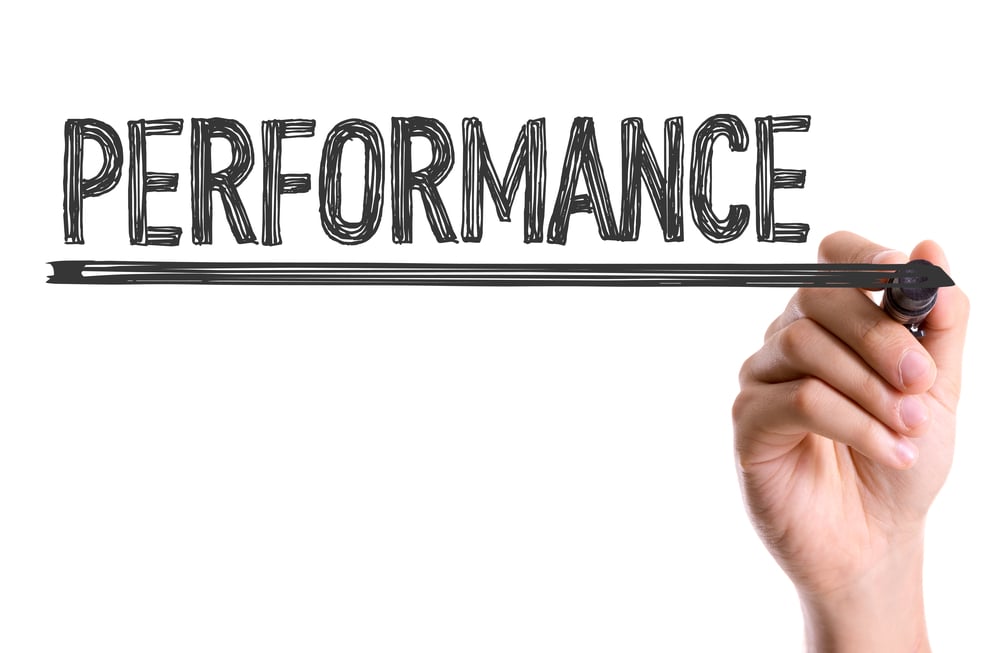There may come a time when you will be tasked with writing a self-evaluation for a performance review. Some of us might embrace this while others dread having to sing their own praises. No matter how you feel about it, it's a useful opportunity for self-reflection and critique that will ultimately pave the way to personal growth.
If you're looking for advice on how to craft a powerful self-evaluation, look no further. Follow these tips to level up your next employee review and impress your higher-ups.

List your accomplishments. Start off by thinking back on the past year (or more, depending on the scope your employer has given you). Write a list of your responsibilities and achievements in order of importance. It doesn't matter how big or how small--every contribution counts. Be specific when detailing each one and back them up with facts or statistics. What steps did you take to achieve your success? How did it help the company? What other strengths do you contribute?
To make this easier in the future, take a little time to log your accomplishments each week. It can be anything from a major success to a passing compliment you received from a team member. Continuously tracking your accomplishments will not only make future self-evaluations a cinch, but it will also draw your attention to your growth and heighten your awareness of your strengths. It may even prove to be a confidence boost when you need it.

Leave modesty at the door. If you're the kind of person who downplays your achievements or shrugs off praise--don't. This is your chance to remind your boss what an asset you are. Chances are they've got a lot on their mind so they may not necessarily remember everything you've done. Don't be afraid to "toot your own horn," especially if a raise or a bonus is on the line. It's what you're supposed to do, after all, but don't lay it on too thick. Be sure to maintain a professional and honest demeanor throughout your entire evaluation.
Acknowledge that there is always room for improvement. This goes for you and your boss. The self-evaluation is a tool that both of you can utilize to develop and reach full potential. Ask yourself...what can you do to improve your performance? What can your boss be doing better in order to assist you? What goals can you set to make this a reality? Don't be afraid to communicate your aspirations clearly to your boss so they can help you.
No one is perfect so don't be afraid to admit your weaknesses alongside your strengths. Acknowledging them is the first step to overcoming them. From there, you can frame these weaknesses as opportunities and note them as areas you would like to focus on. With a little bit of effort, you can put a positive spin on any of your flaws.

Ask a friend or family member for feedback. It can be hard representing yourself, especially if you have a tendency towards modesty. Once your evaluation is complete, share it with a friend, family member, or colleague. A second set of eyes may catch an overlooked typo. They can also let you know if you're being too modest or have forgotten to include anything.
End on a high note. Wrap up your self-evaluation in a positive manner! You can do this in any number of ways. Summarize your strengths. Emphasize a bright outlook for the future. Show gratitude towards the company for taking you on. No matter what you choose, you want your boss coming away from this knowing that they hired the right person.

Putting the time and effort into honing your self-evaluation is well worth it. It can aid growth in your position and further you along your career path. Be sure to follow these tips so that you're making the most of your performance evaluation!


COMMENTS